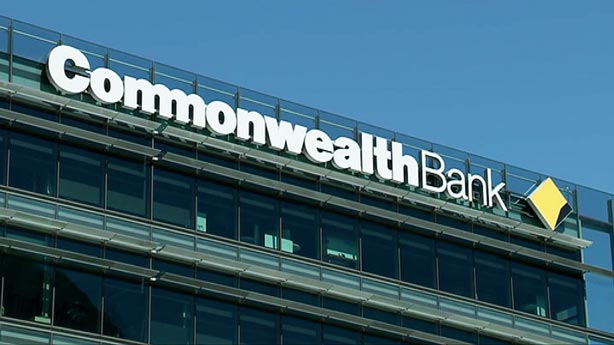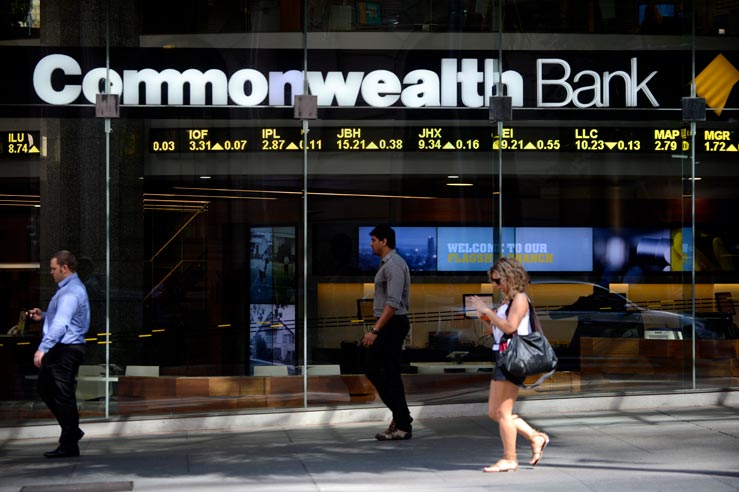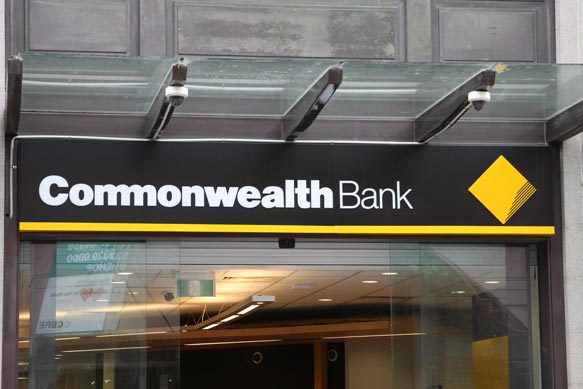Speaking at Aussie’s biannual conference on 28 August, Mr Narev touched on the changes in credit policies and rates, etc., following regulatory changes on certain segments of the home lending market, as well as the “difficulties” the bank has had in implementing them.
Mr Narev said: “Given this is the first time many of the banks have got used to things like investor home loan [changes] and interest-only caps, the transition to these caps has been difficult and has caused a little bit of uncertainty for people in this room that we’re really sorry about. And we acknowledge it.
“I think that we are in an environment where there is still good lending to be done, but it will probably just be a little bit calmer than they had be, and that is probably a good thing.”
The CBA CEO also emphasised that it was “very committed” to the broker channel, but understood that there was “ongoing work” that needed to be done.
Noting the completion of CBA’s purchase of the remaining shares in Aussie last week, Mr Narev said: “I think the key is, we bought Aussie (initially the third ownership in 2008 building up to today) because it is such a successful business under its current business model and we don’t want to change it.
“John [Symond] has said that the key to Aussie’s success has been its independence, customer focus, not being tied to any particular bank, so we’d be crazy to change that. So, it’s more of the same, more successful. So as John says, we [can] step back from it and let it continue its great momentum.”
Brokers are “good for customers”, said Mr Narev.
He acknowledged that while the bank has “never shied away” from wanting to do its own business through its branches and direct channels, using a broker was “good for customers”.
He said: “A large number of Australians want to go through a broker, and that’s why we deal with brokers and have a relationship with Aussie, because it’s good for customers. And we’re very committed to the channel. We understand that as part of that, there is ongoing work and investment that we need to do in our processes to make it easier to deal with us, and that’s something we listen to very carefully and we aim to continuously improve, because you have to be good at it to be competitive in the channel.”
The CEO CBA continued: “Ultimately, you want your proprietary channel to be as good as possibly can be and your relationship with the brokers to be as good as it can possibly be, and let the customer make the choice. And at the heart of this, in my mind, is making sure you’re customer-focused and help the customer in whatever way he or she wants, whether that’s through our branches or website or through a broker.”
Mr Narev later told The Adviser: “We didn’t buy the [Aussie] business only to sell it; we bought it because we have a great relationship with Aussie. We see it as strategically important, so there is no change as a result of the change in ownership.”
‘Trust in the bank has weakened’
Speaking on the morning of the announcement that APRA was to hold an independent inquiry into the bank’s “governance, culture and accountability frameworks and practices”, Mr Narev conceded that “trust in the bank has been weakened”.
He said: “What APRA has announced this morning is that it wants to take an independent look into a number of frameworks in the way we manage business in certain ways. [It comes] in the response to the fact that, over recent times, trust in the bank has been weakened. That is undeniable.
[But] we’re very confident in the practice of the Commonwealth Bank, and we’re also very confident that we’re all focused in the right direction…. The reality is that in the modern world, the public needs confidence and therefore APRA has obviously made this announcement that it wants to hear from some independent people as to how the bank is going versus hearing form us. That has our full support and cooperation.”
Mr Narev continued: “What we can see here is a very strong, highly respected prudential regulator, APRA, saying that, in order to make sure public confidence is as high as it can be, let’s have an independent process … where people can [hear from] voices other than the voices inside the banking system.”
He added: “We welcome it, and we think APRA is the right body to be administering that and we will be fully cooperative.”
When asked about whether he believed that there could be any reputational damage to Aussie brokers, as a result of some of the negative press circulating about CBA, Mr Narev emphasised that while CBA owned the company, Aussie was independent.
He said: “People here work for Aussie … nothing changes. But recognising that Commonwealth Bank is the owner of Aussie home loans, we know that people have an interest in us.
“What we can tell people — and make sure that people are very clear about — is where we have made mistakes, we will put them right…. And what people here can have confidence in is that we have a long-term view of the business. We will manage it for the long term, build trust, strengthen reputation and do whatever we can to make sure that Aussie is successful as its always been.
“As an owner, our sole goal is to keep the business successful as it has been, and the logic tells me to keep it going as it’s been going.”
Chairman of Aussie John Symond also publicly gave his backing to CBA at the conference.
When asked his thoughts on the potential negative reputational impact CBA could have on brokers, Mr Symond said that he obviously felt “disappointment” but added that bad things do happen.
Noting that he was not privy to the details of what has happened or what is going to happen, he said that he remained a “huge supporter of the Australian banking system”.
He added: “I believe in the Australian banking system going forward and obviously have a close association with Commbank. I’m confident that they have the people, the skills, the belief, the vision, the culture that whatever crap’s happened, they’ll fix it.
“Do we like what’s happened? Obviously, no. But they will fix it.”





